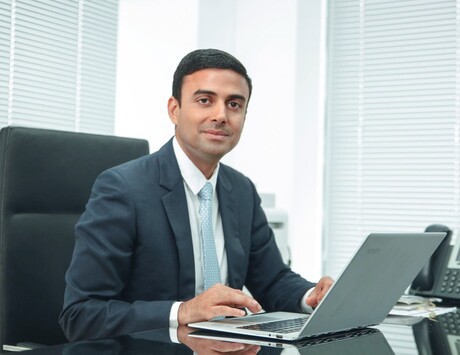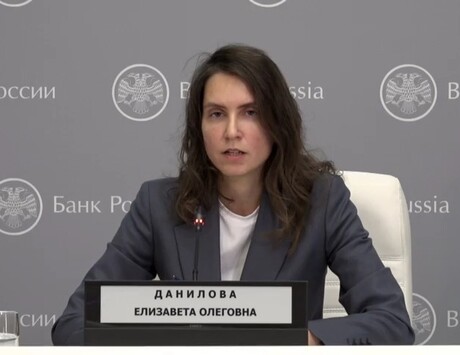Media and banking tycoon Alexander Lebedev has said he plans to give up on business in Russia because of unprecedented pressure from the security services.
The outspoken businessman, worth $1.1bn according to Forbes, said secret agents had installed cameras and listening devices in his homes and offices, covering everything from his personal telephone line to his swimming pool.
"They know everything – they can paralyse me," he told the Guardian in an interview. "I'm walking away from business. It's not easy. What I'm doing is completely useless," he said.
Lebedev is co-owner, with former Soviet leader Mikhail Gorbachev, of Novaya Gazeta, Russia's premier opposition newspaper. He has also begun to dabble with the growing opposition to the Russian president Vladimir Putin, launching a debit card that will see a portion of all customers' expenditures donated to an anti-corruption drive spearheaded by Alexey Navalny, the opposition's de facto leader.
Yet Lebedev, a former intelligence agent who also owns the London Evening Standard and Independent newspapers in the UK, said he believed his opposition activity was not to blame for the campaign of pressure against him. He said his recent attempts to expose corruption inside Russia, particularly in the Federal Security Service (FSB), the main successor to the KGB, are what prompted the spy agency's ire.
Lebedev said he had already tried to sell stakes in some of his major assets, including the Aeroflot airline and several properties.
"Everyone has to go and ask for permission – and they don't allow anyone to buy anything from me," Lebedev said. Six-month-long negotiations over the Aeroflot stake with an oligarch he refused to name had recently collapsed, he said, because the FSB's "Department K", tasked with overseeing economic activity in the country, had pressured the man to drop out, Lebedev said.
Lebedev believed the pressure was designed to force him into leaving the country, something he denied he would do.
"Why go into a big scandal like Yukos?" he said, referring to the bankrupted oil company once owned by Mikhail Khodorkovsky, formerly Russia's richest man and currently its most famous prisoner. "They've become more sophisticated."
Yukos was stripped and sold off, mainly to state oil firm Rosneft, after Khodorkovsky's arrest on economic charges, something his supporters say was a means of locking up someone Putin saw as a political enemy.
Lebedev said he had compiled more than 100 investigations, carried out both inside the country and as far afield as Norway, Germany and Luxembourg, into corruption by Russian officials.
Since he began compiling the data, he has seen his National Reserve Bank raided by armed masked men and subject to an ongoing investigation by the Central Bank. Last September, he filed a lawsuit against the FSB's Department K, seeking damages from the raid. A Moscow court later dismissed the claim.
Lebedev said his bank's activity had shrunk to a fraction of its former level, as customers fled amid security services pressure.
Investigators have also opened a criminal case against him, accusing him of "hooliganism" after he punched real-estate tycoon Sergei Polonsky during the taping of a television programme last year.
Most of the pressure, Lebedev said, has been more insidious. Earlier this year, a sex tape apparently showing the tycoon carousing with two alleged Ukrainian prostitutes was released by a US-registered website designed to discredit Lebedev. Lebedev blamed the leak on the FSB.
"I'm sure of their plan – to destroy my business and launch a smear campaign on my reputation and my family," he said. He said agents had repeatedly attempted to blackmail him. "I don't give a damn, frankly."
"It's a combination of harassment, invading your private life, and scaring your employees," Lebedev said. He accused the FSB of attempting to recruit employees throughout his businesses – and sometimes succeeding. "It's like a big orchestra playing, stuff is happening all over the country," he said.
Despite the omnipresent pressure, Lebedev said he did not believe that Putin personally stood behind the campaign against him.
"Putin is thinking – or maybe he doesn't even think it any more – that he controls everything," Lebedev said. "But the bureaucracy is so powerful, that he doesn't."
"He's more a victim of the system than director of it," he said.
Lebedev urged the opposition to unite around a concrete platform, and said only then he would consider funding them. "The protests should go ahead as long as the government doesn't listen," he said. A major protest is scheduled for 15 September, building on the opposition campaign launched as Putin announced his return to the presidency last year.



